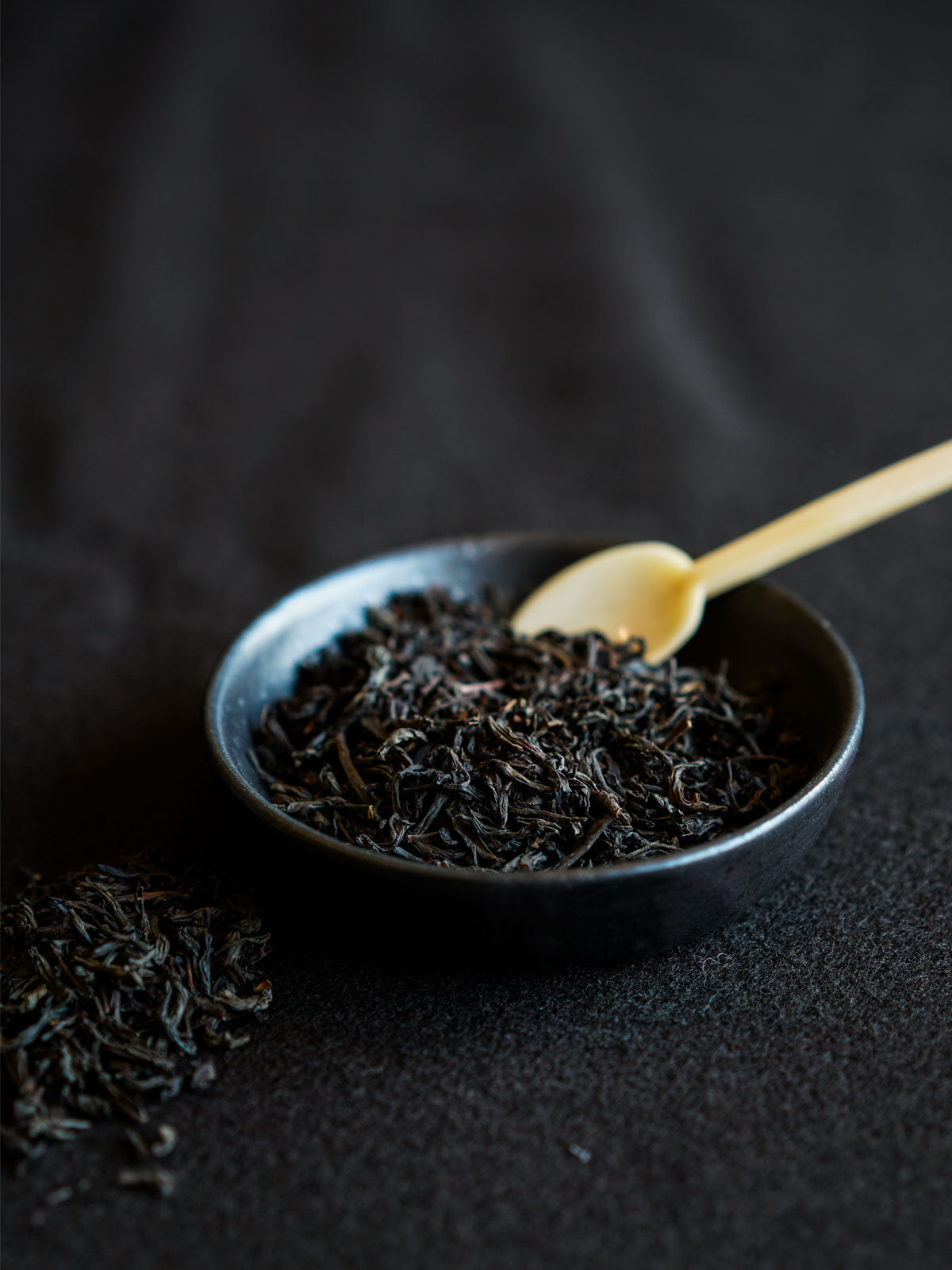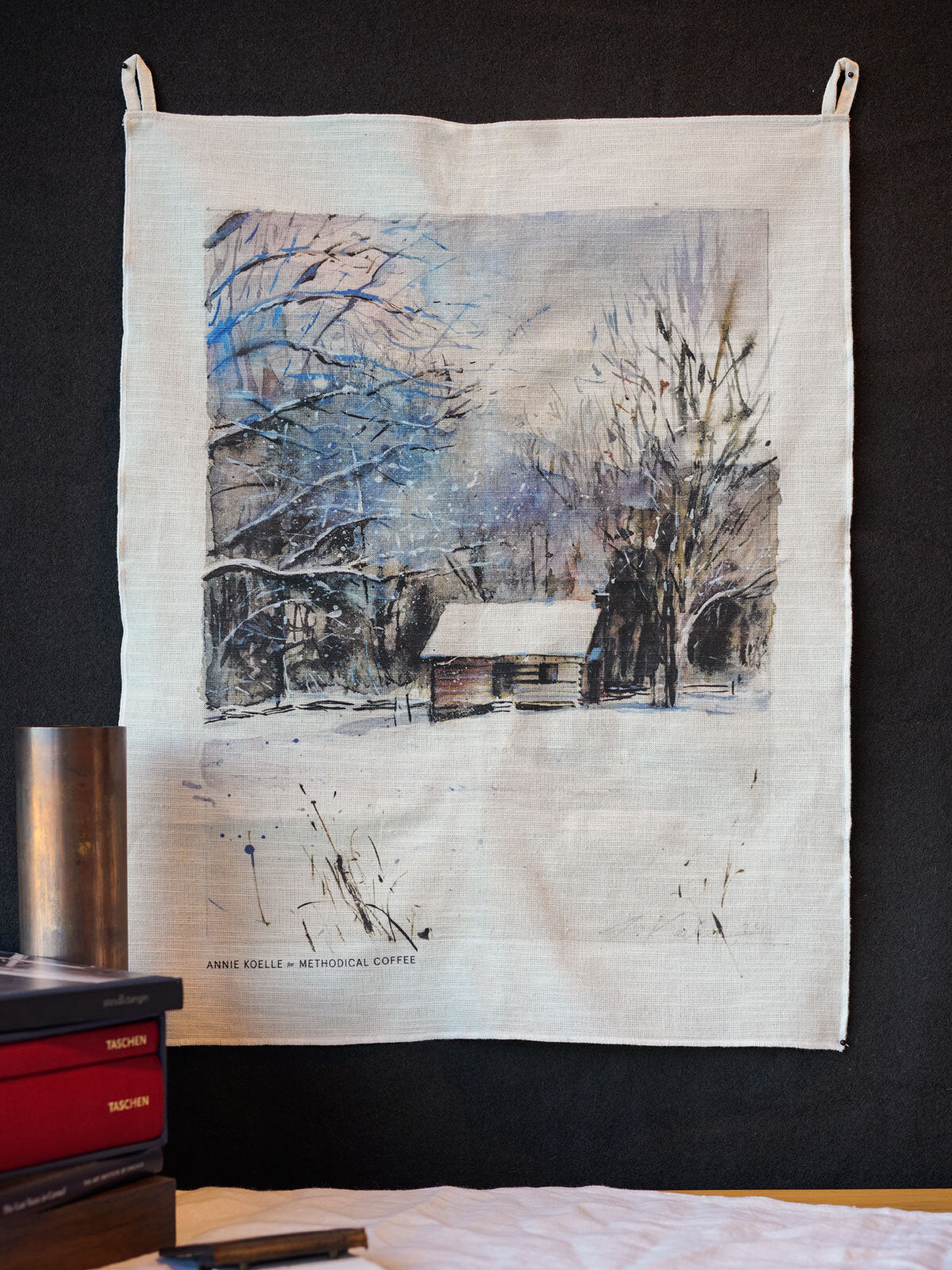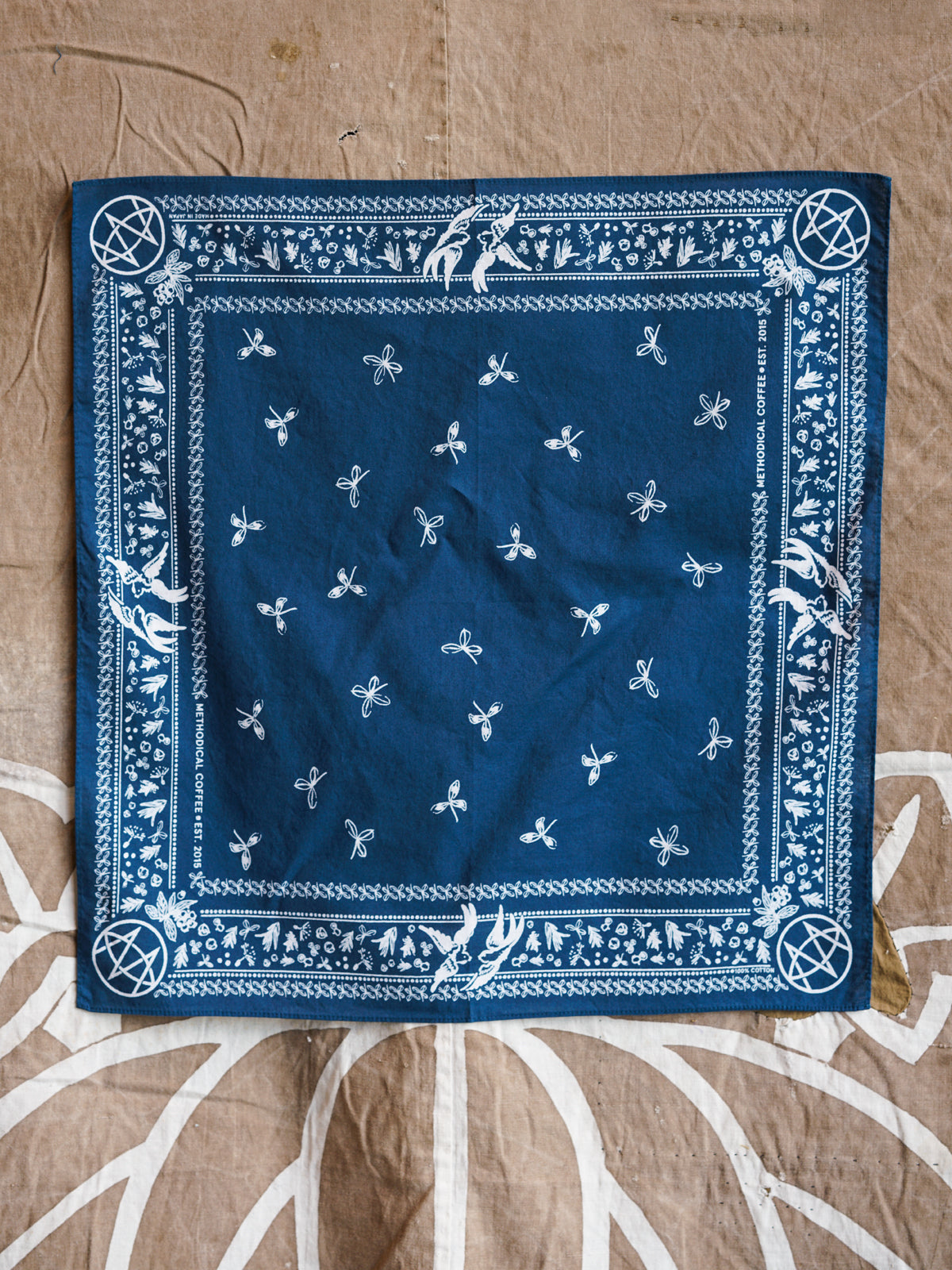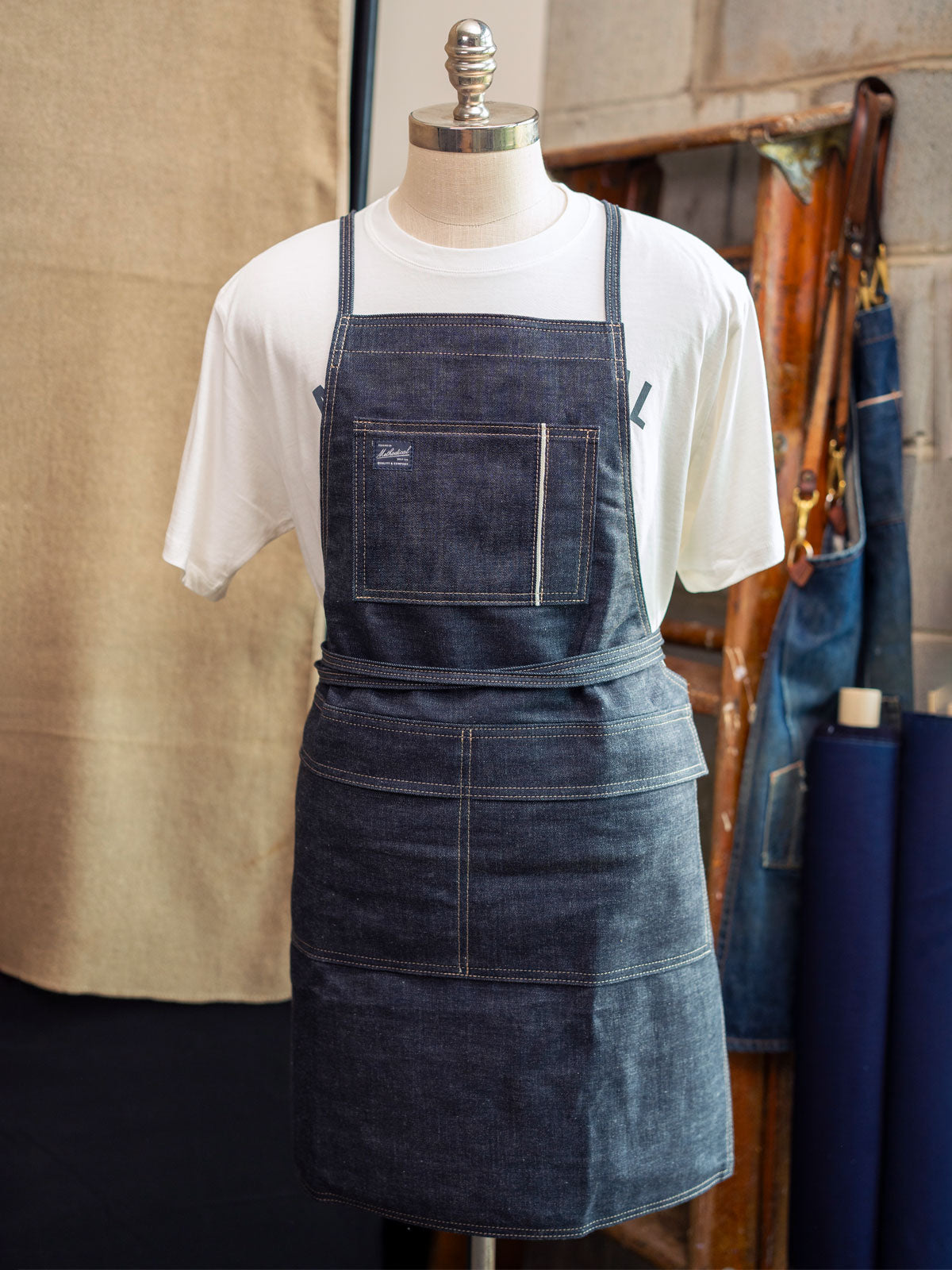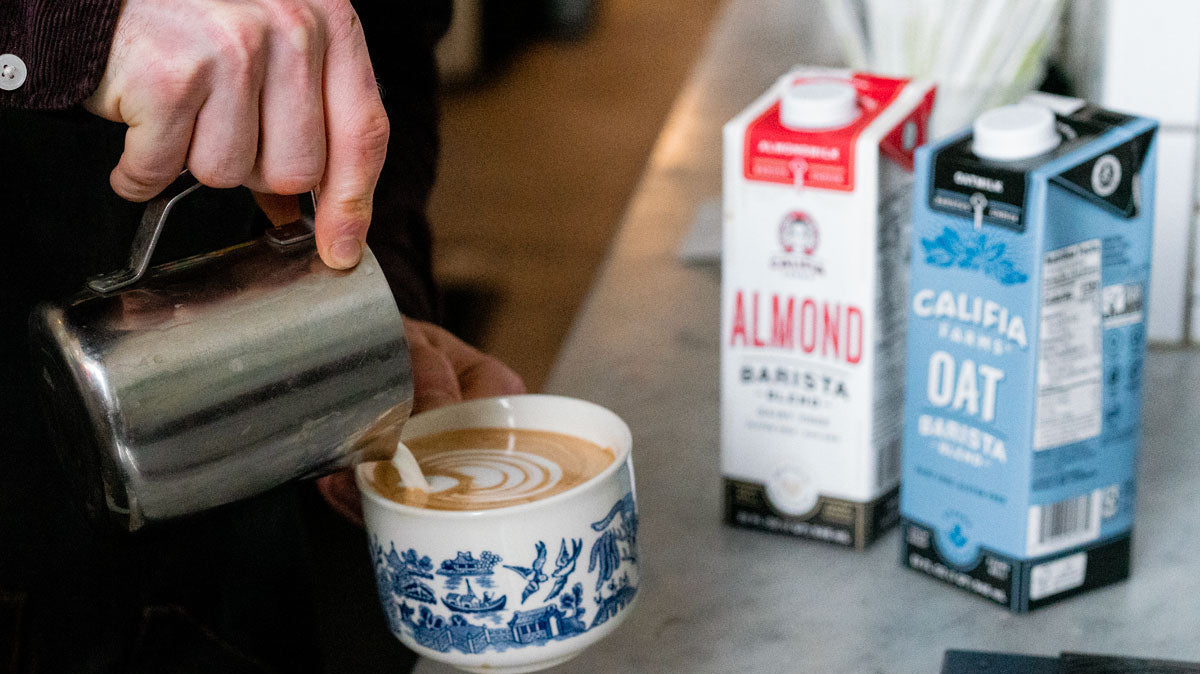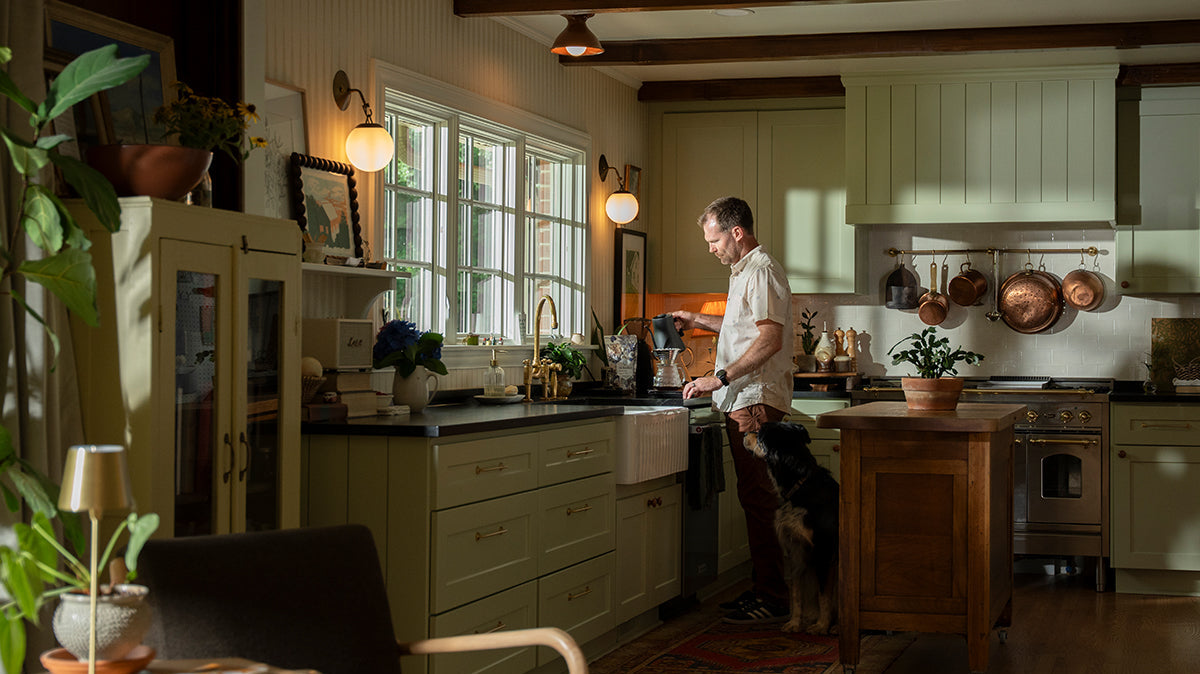Coffee freshness is an important consideration for brewing the best cup of coffee at home. But it’s not something to stress over. We’ll give you our recommendations for keeping your coffee fresh and tasting great, as well as some ideas for what to do with those beans you forgot about in your freezer.
Does coffee go bad
Roasted coffee is a dry good, so it does not go bad. Green coffee (coffee before it’s roasted) has a moisture content of 10-12%. But once roasted, the moisture content drops to around 1-2%. With such little moisture, coffee won’t spoil or mold the way other food does as long as it’s been kept dry. So though that bag of coffee that’s been sitting in your cupboard for a year won’t hurt you if you brew it, it certainly won’t taste good because coffee does go stale.
Coffee staleness is due to oxidation. Oxidation is the process of deterioration oxygen has on organic materials like food. The longer the coffee is exposed to air or light, the more deteriorated it will become. It may not appear any different, but its flavor diminishes the longer it is in contact with air or light.
How long does whole bean coffee last
Whole bean coffee is at its freshest 3-4 days after and within 30 days of its roast date. During the roasting process, carbon dioxide gets trapped within the beans and after roasting, the beans need some time to rest and degas (around 3-4 days). That’s why coffee bags have valves. They’re not just for the aroma, but to release the CO2 trapped within the beans. Within 30 days of roast, the oxidation will be indiscernible to most people’s palates. After 30 days, the oils, acids, and other compounds have deteriorated enough to make a loss of flavor noticeable.
How long does ground coffee last
Ground coffee will taste its freshest within 2 weeks of being ground and within 30 days being roasted, whichever comes first. Grinding coffee increases the surface area for oxygen to penetrate. This accelerates the oxidation process. If you have access to a grinder, we recommend purchasing whole bean coffee and grinding just what you need to brew. Vacuum sealed bags or bags flushed with gases like nitrogen, will make the unopened bag of ground coffee last several months, but the clock starts ticking as soon as it’s opened.
How long does brewed coffee last
Oxidation affects brewed coffee just as much as dry coffee beans. Coffee that’s been sitting out should be drunk the same day. Coffee is not a good medium for growing anything toxic, but we wouldn’t recommend finding out. If coffee is stored in the fridge, it will last a few days though its flavor will be noticeably different beyond the first day. Coffee that’s been cold brewed and kept in the fridge can last up to a month.
| Coffee type | Best to drink within |
| Whole bean coffee | 30 days |
| Ground coffee | 14 days |
| Hot brewed coffee | Same day |
| Cold brewed coffee | 30 days |
How to store coffee
Storing coffee properly will prolong its life. Keeping it away from air, moisture, heat, and light will keep it fresh longer. That’s why it's best to keep your coffee in a cool, dark, and dry place, along with your other dry goods. Here are a few ways to store your coffee.
1. In its original bag
It’s perfectly fine to keep coffee in its original packaging. Most coffee bags come with a zipper or tin tie to keep it sealed. After pouring out the beans, push all the air out and seal it with the zipper or tin tie. Never store a coffee bag open to the air. This will greatly accelerate oxidation.
2. In the fridge or freezer
The fridge or freezer is a common place people think to store their coffee to keep it fresh. But, though the cold air does help with preservation, it also does other things that end up deteriorating your coffee more. Coffee is dry and porous and will absorb the moisture and odors in your fridge or freezer. Which is definitely not ideal. But if you do choose to store it in the fridge or freezer, keep it in a truly airtight container or double bagged to keep the moisture and odors out and prevent it from getting freezer burned.
Learn more: Should You Freeze Your Coffee Beans?
3. In coffee vacuum canisters
Coffee vacuum canisters are the ideal way to store coffee. They provide a dark and dry place and they’re not only airtight, but they also include clever ways for pushing the trapped air out, creating a vacuum. There are many on the market, but we love the Fellow Atmos vacuum canister, though we don’t recommend the clear canister as light is also a form of oxidation.
How to tell if your coffee has gone bad
Unless coffee has been in contact with moisture, there is not a way to visually tell if it’s no longer good. Mold can develop on coffee that has been exposed to moisture, so if your coffee has been wet and sitting for a while, it’s best not to use them. Always purchase coffee with a roast date. And if you store your coffee in a canister, cut out the label with the roast date and roast information and place it in the canister with your beans. That way you won’t forget the roast date or what type of beans they are.
The best indicator that your coffee is stale is just after grinding when coffee is usually its most aromatic. If you can’t smell the coffee, or if it doesn’t smell pleasant, it’s probably stale. Coffee’s aromatics are some of the first things to go as it oxidizes.
What to do with old coffee
If you do happen to have beans that are well past date, you might feel bad tossing them out. After all, a lot of hands went into producing those beans. Here are a few ideas of what you can do with those old beans.
1. Cold brew
As shocking as it sounds, age doesn’t impact the cold brew method as much as it does hot brew methods. Cold brew steeps coffee for a long period of time at room or cold temperatures. The extraction ends up being different than extraction during a hot brew method producing that distinctive cold brew flavor. Even beans that are 6 months old can be cold brewed with little to no indication of age. Here’s our guide to brewing cold brew concentrate.
2. Compost
Coffee is great for compost. Add it to your compost mix or directly to your plants. Adding coffee directly to the soil around your plants also helps to repel slugs and snails and attract earthworms. Unbrewed coffee grounds are good for adding acidity to the soil of plants that love acidic soil, while brewed coffee grounds have a neutral pH.
3. Use it in baking or cooking
Though the coffee may be too old to brew, it can still impart amazing flavor in baked goods or in a rub like this coffee-crusted pork tenderloin. Please invite us over if you happen to give this recipe a try.
4. Exfoliate your skin
Ground coffee is a perfect natural abrasive for exfoliating your skin. Just mix it with some coconut oil and scrub away. Coffee’s antioxidant properties aren't bad for skin health either.
The best advice we can give you is to purchase as much coffee as you’d drink in 2-3 weeks. That way you will never have to worry about prolonging its life or it going stale. At Methodical, we sell 12oz bags that seem perfect for most daily drinkers. We also roast all our coffee to order to ensure you’re able to experience our coffee at the peak of its freshness and flavor. Coffee subscriptions are a perfect way to purchase smaller amounts more frequently. And you don’t have to worry about remembering to order. Check out our coffee subscriptions and find one that works for you.
You might also like:


